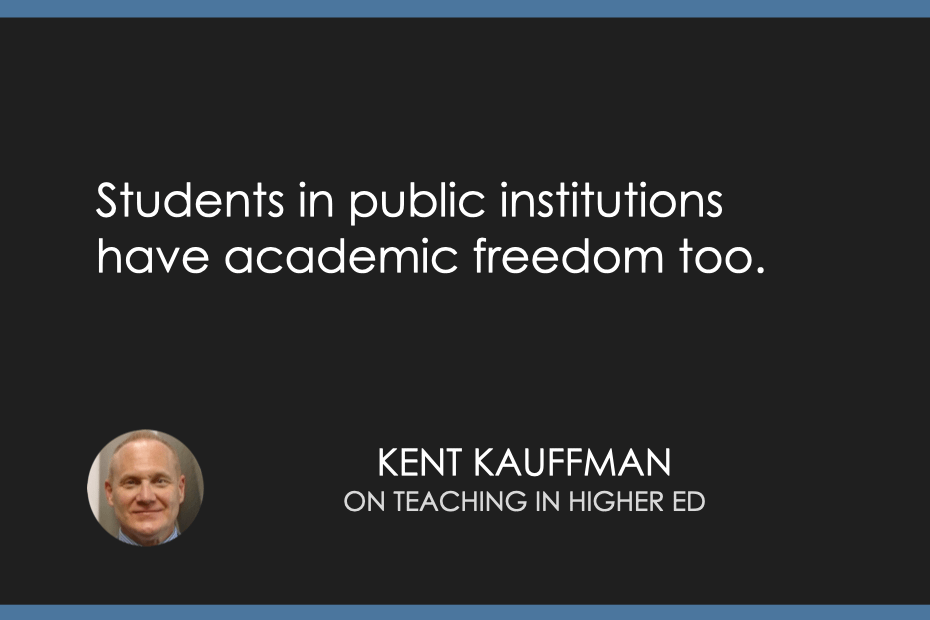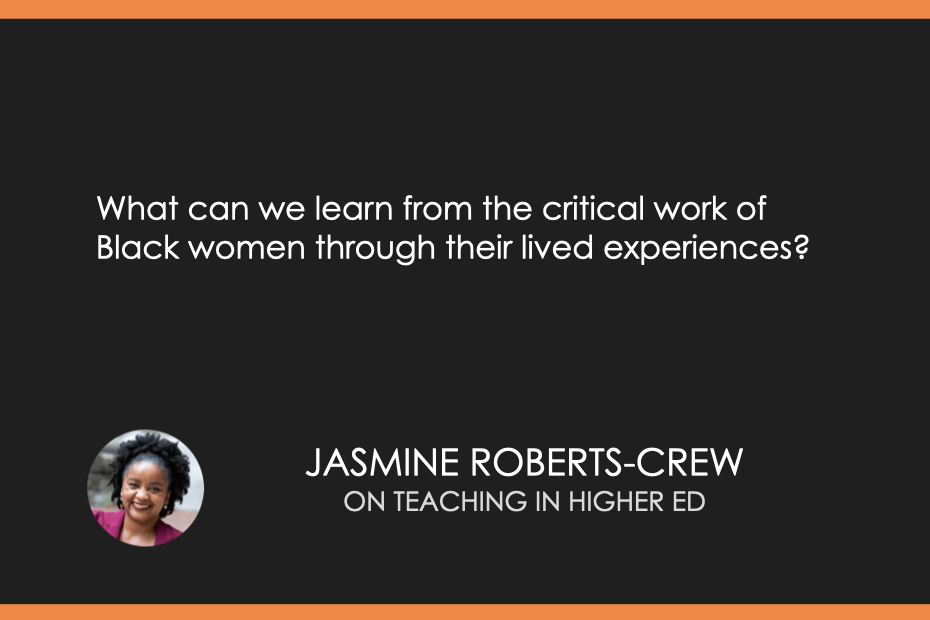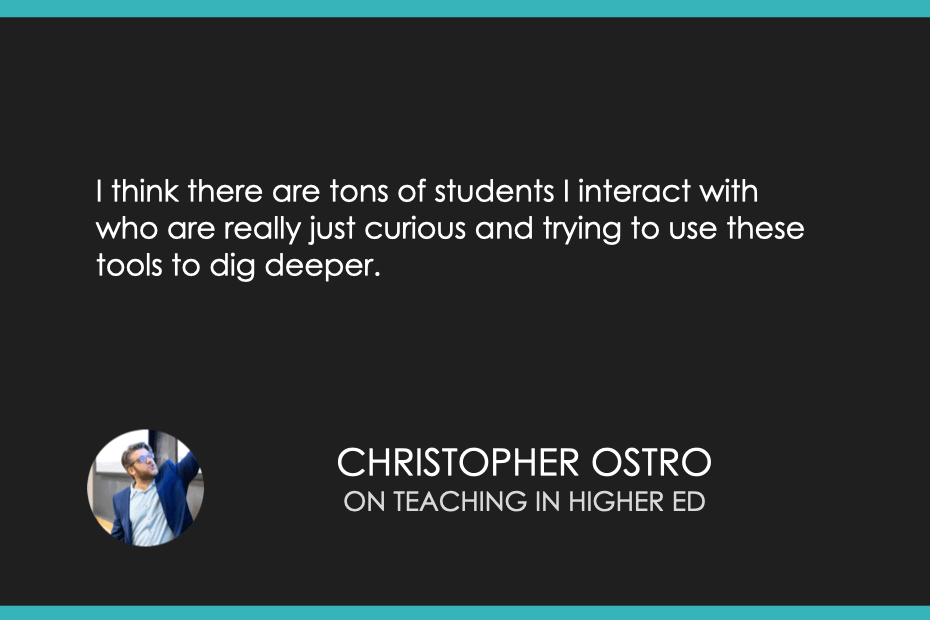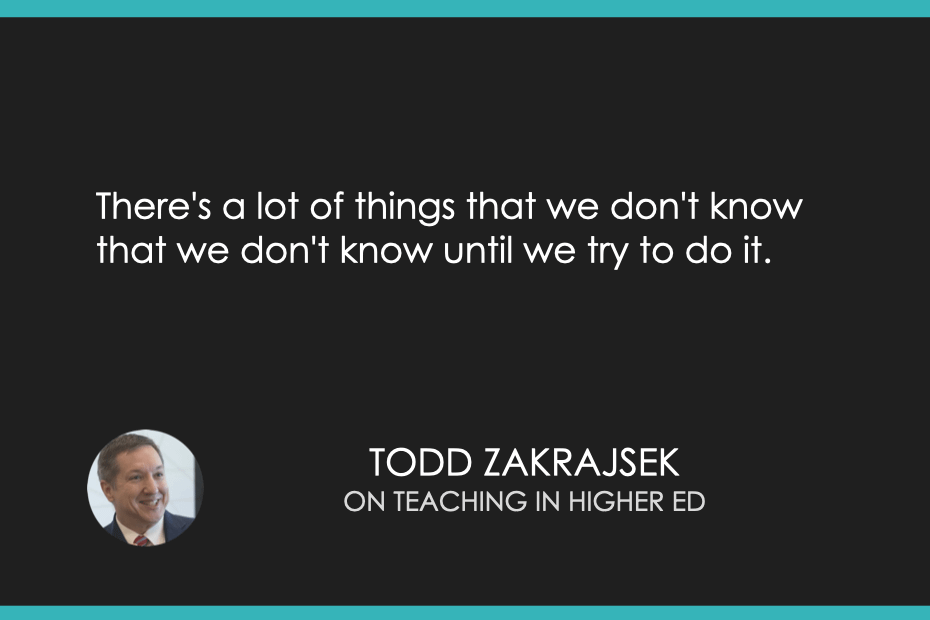Michelle Miller shares about her book, A Teacher's Guide to Learning Student Names: Why You Should, Why It's Hard, How You Can, on episode 558 of the Teaching in Higher Ed podcast.
Quotes from the episode
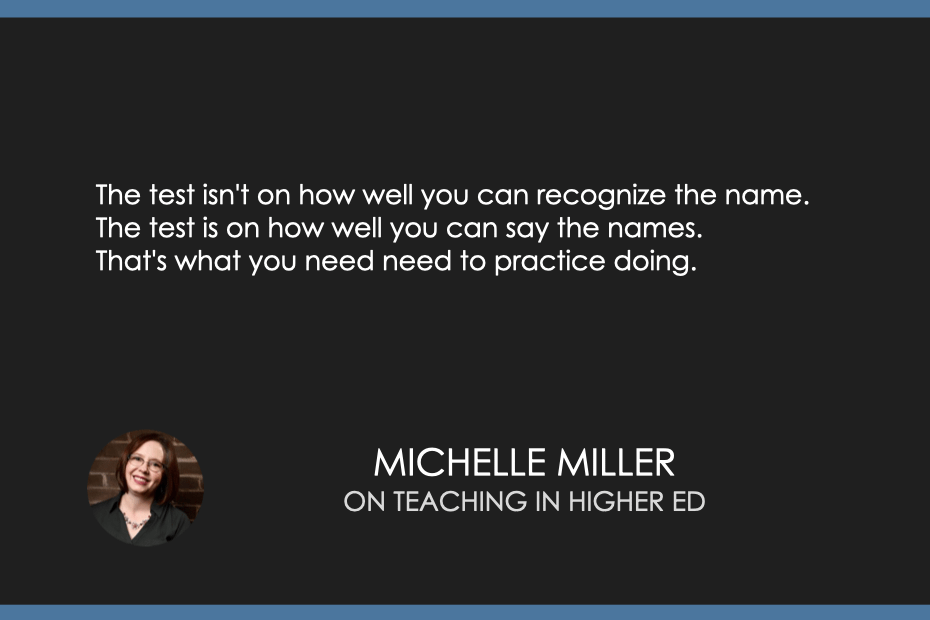
I think a lot of us kinda simmer in this little mindset of, everybody else can do this and I can't.
-Michelle Miller
We’ve all heard the old saying it’s the sweetest sound that anybody ever hears their own name. It elevates the conversation differently to be able to use names.
-Michelle Miller
The test isn't on how well you can recognize the name. The test is on how well you can say the names. That's what you need need to practice doing.
-Michelle Miller
